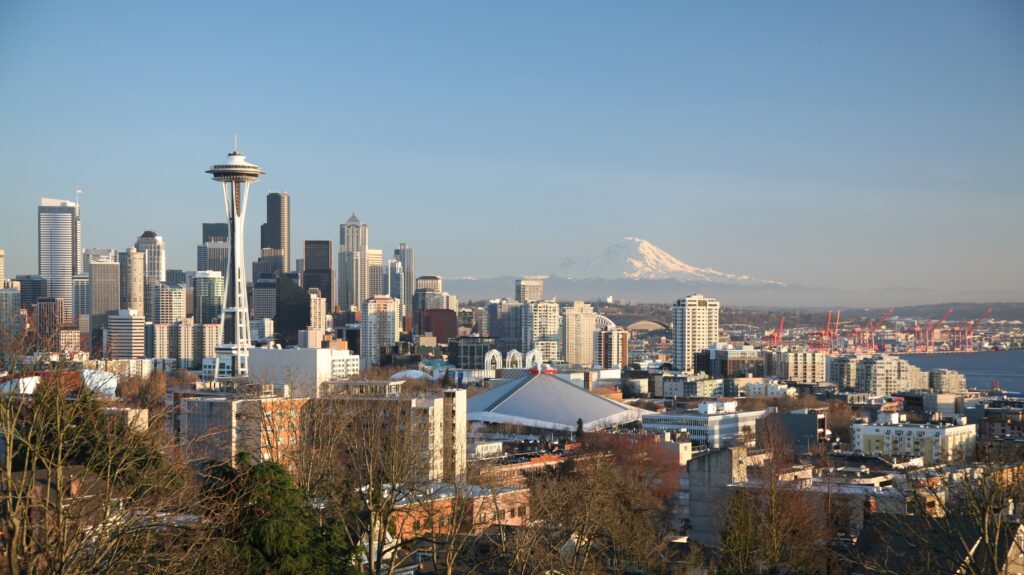Seattle, Washington has ended its municipal wi-fi experiment after seven years of trying to make free broadband work, discontinuing its wi-fi service April 29.
Seattle is only the latest in a string of cities to fail at delivering free wi-fi. Although many of these municipal projects began with great promise, a combination of network difficulties, mismanagement, and opposition from local Internet providers has served to doomed most.
“States and localities are certainly free to make decisions they believe will boost the general welfare of their residents,” said Mike Wendy, director of MediaFreedom.org. “Seattle’s failed experiment with wi-fi represents one such choice—a bad one, that is, as we have seen throughout America that when states and localities think they can provide better services than have been provided by the marketplace, they often leave taxpayers holding the bag.”
‘Unsustainable, Risky Business’
“Muni-provision of communications services is an old idea,” Wendy continued. “Slapping ‘wi-fi’ on the project changes nothing. The underlying economics of taxpayer-supported technology networks are, for the most part, unsustainable, risky business. They have always been that way. Moreover, they heavily distort the marketplace, making entry by would-be competitors, or even incumbents seeking to grow options, that much harder.”
Andrew Schrage, owner of Chicago-based Money Crashers Personal Finance, agrees. “Seattle is an example of a city where municipal wi-fi has failed miserably,” he said. “Similar operations undertaken in San Francisco, Boston, and Houston all yielded poor results as well. As was the case in Seattle, municipal governments often underestimate the overall cost of such projects, and in some instances the city ends up merely being middleman in the project, requiring assistance from the private sector,” Schrage said.
Public Fund Mismanagement
Michael Sanera, research director and local government analyst at the North Carolina-based John Locke Foundation, is an outspoken opponent of municipal wi-fi projects. “Seattle is just one more example of cities getting in over their heads by running a high tech, high risk wi-fi and cable system using taxpayer money,” he said.
“Public officials need to be financially accountable for these reckless decisions,” Sanera added. “In the future, every city council member who votes for these boondoggles should post a personal $30,000 bond and when the system goes bust, the money goes to help repay the millions that taxpayers have lost due to their mismanagement of public funds.”
Questionable Benefits
Wendy notes the projects are unnecessary. “Quite frankly, the marketplace is already doing the job,” he said, “and, as disturbing as this may be to some officials, its pricing signals are a far better way to incentivize sustainable broadband coverage than floating public debt or going into public coffers to cover the bill or service area. If states and localities are concerned about boosting connectivity, other things—such as urging the FCC to release more spectrum, lowering taxes on communications services and infrastructure, reducing needless regulations that inhibit broadband investment, and allowing more cell towers and infrastructure to be sited locally, among other suggestions—would better suit taxpayers and communities.
“Even though the project in Chattanooga has had some success, the access speed that it offers—1 gbps—is much slower than what you can find from a private ISP,” Schrage said. “I question whether municipal wi-fi in general provides any real benefit to the masses. Since you can currently get free wi-fi in many locations throughout a city, especially retail locations, it seems that these cities are providing an overlapping service. Moreover, commercial wi-fi is becoming cheaper every day, especially considering how competitive the industry is with companies like Comcast and Verizon.”
Phil Britt ([email protected]) writes from South Holland, Illinois.



